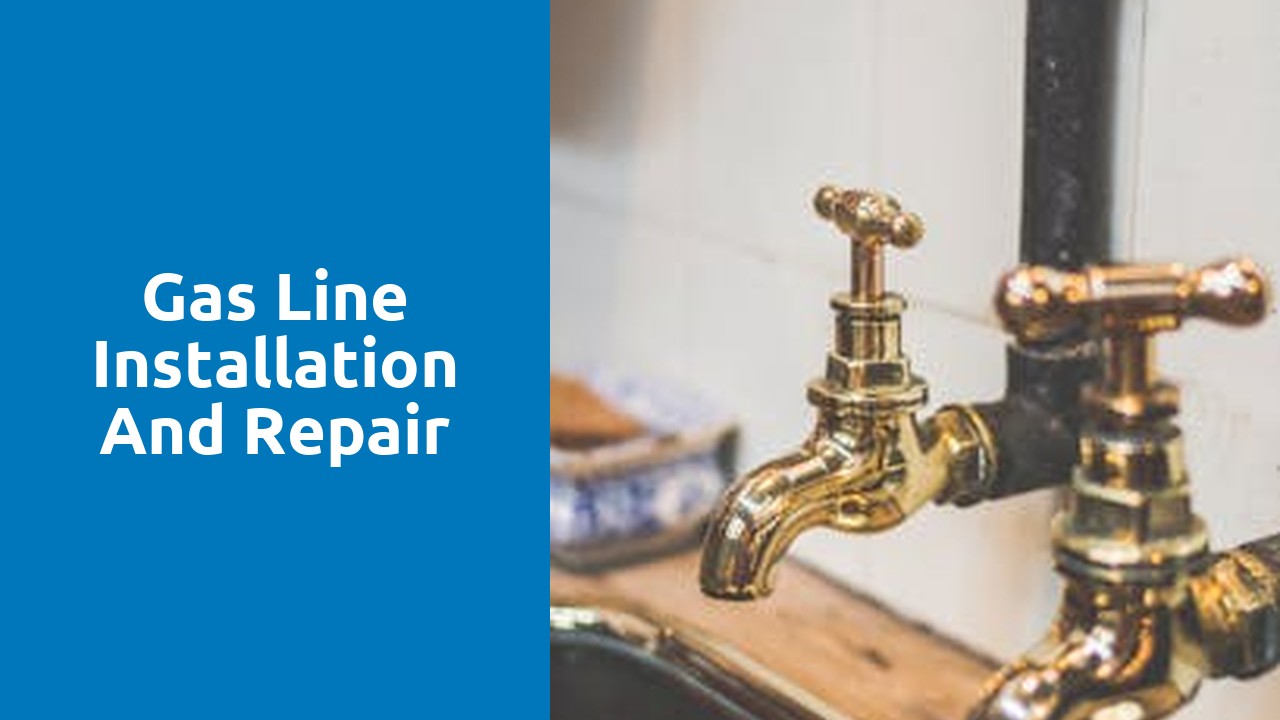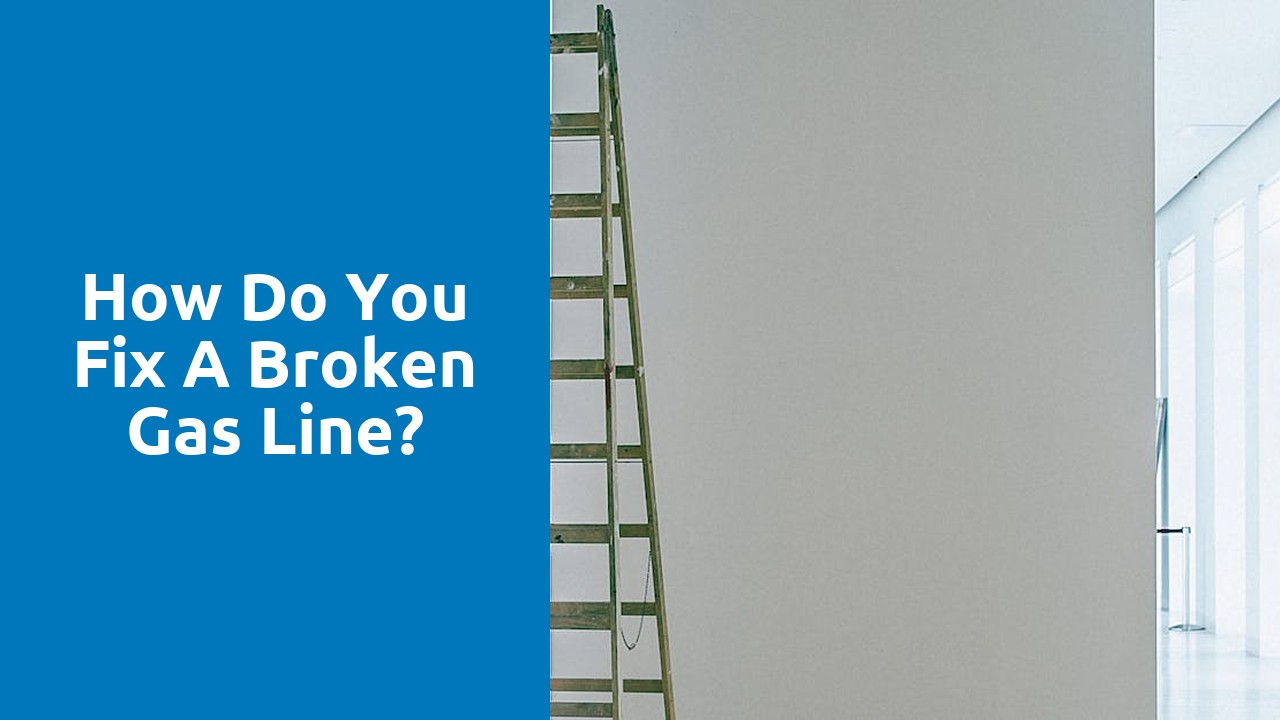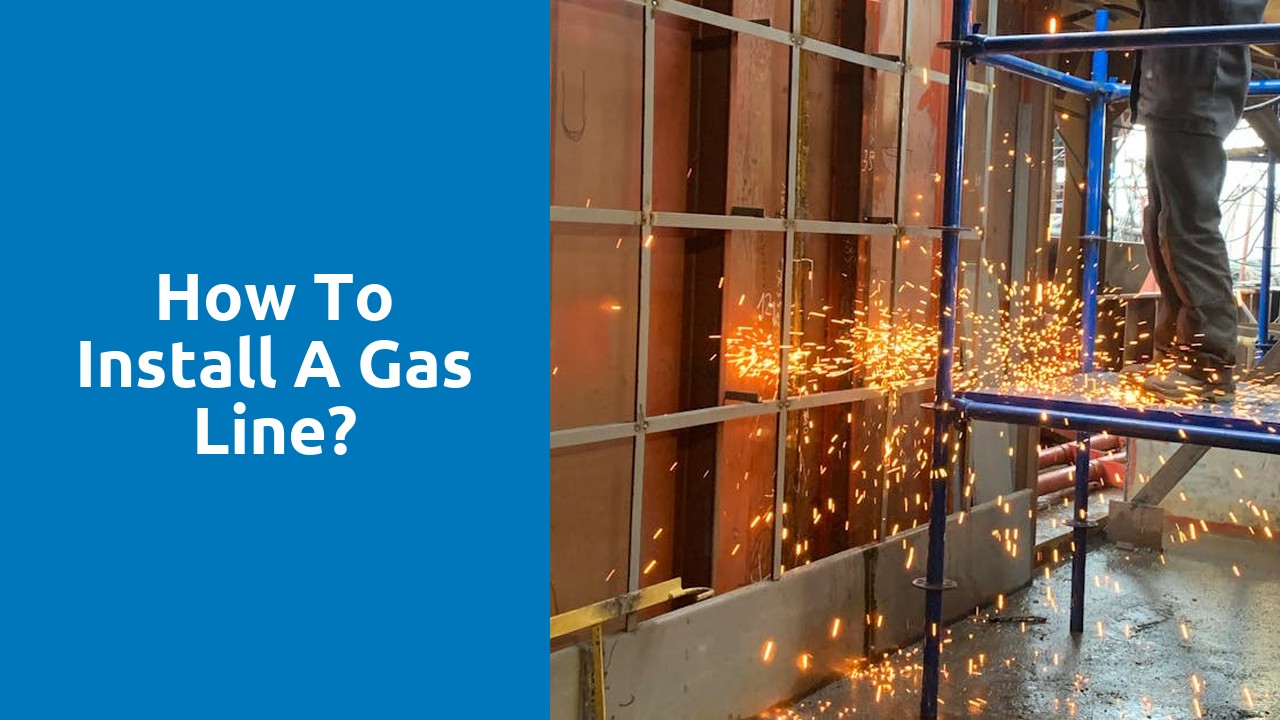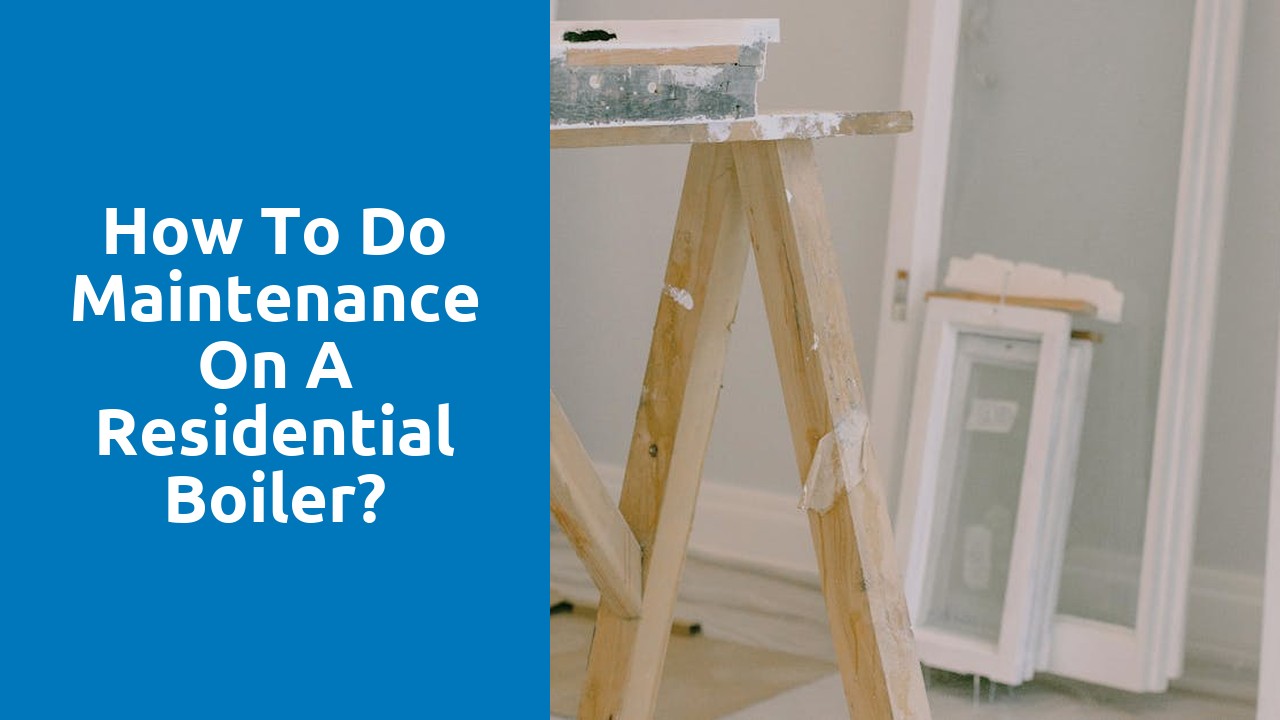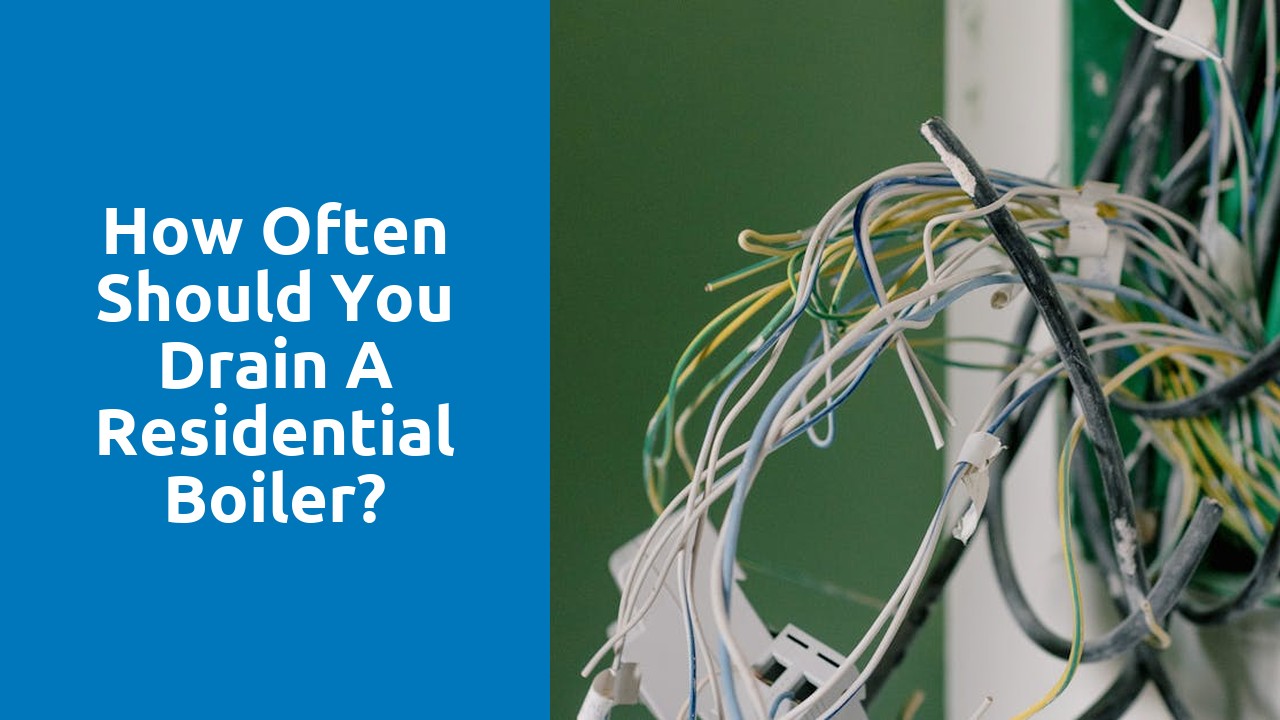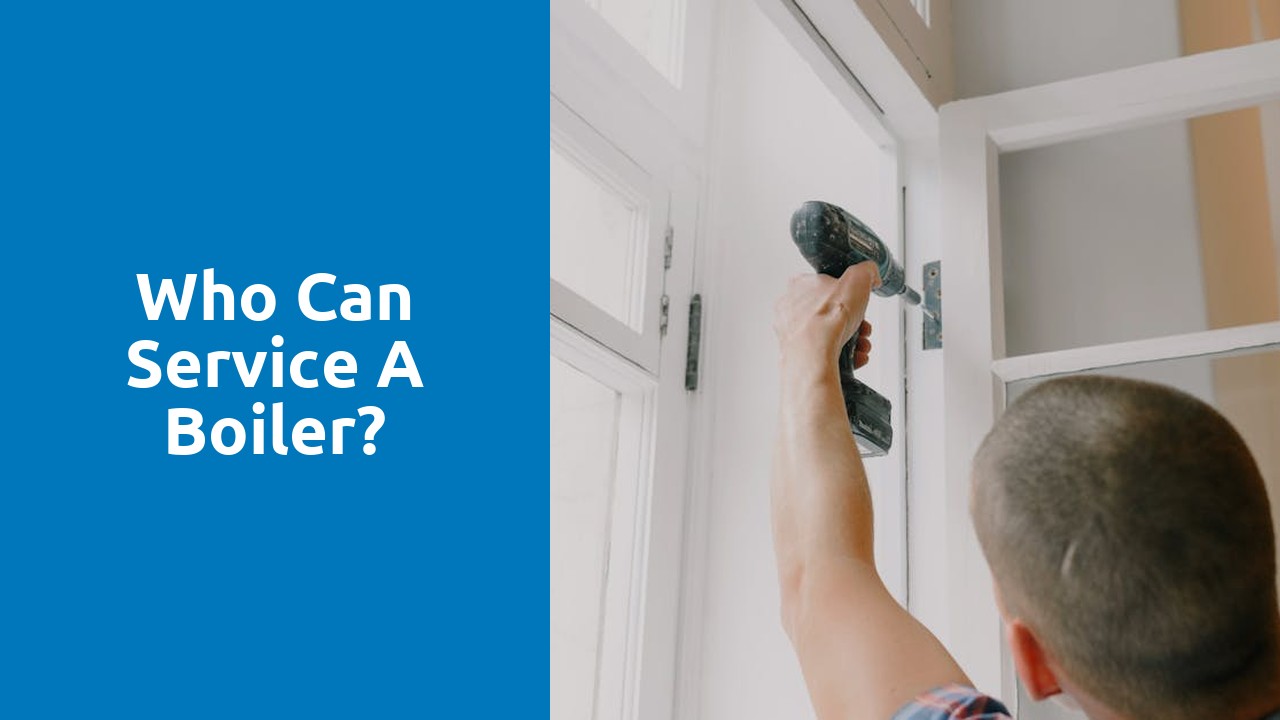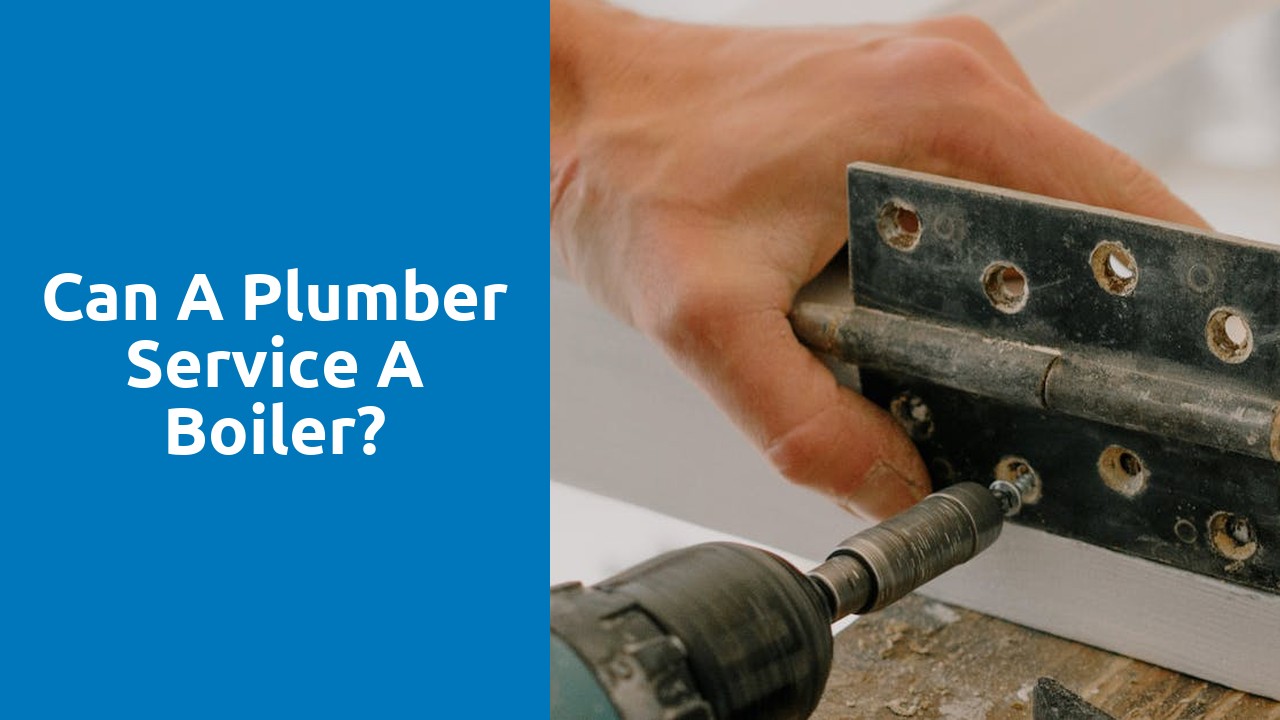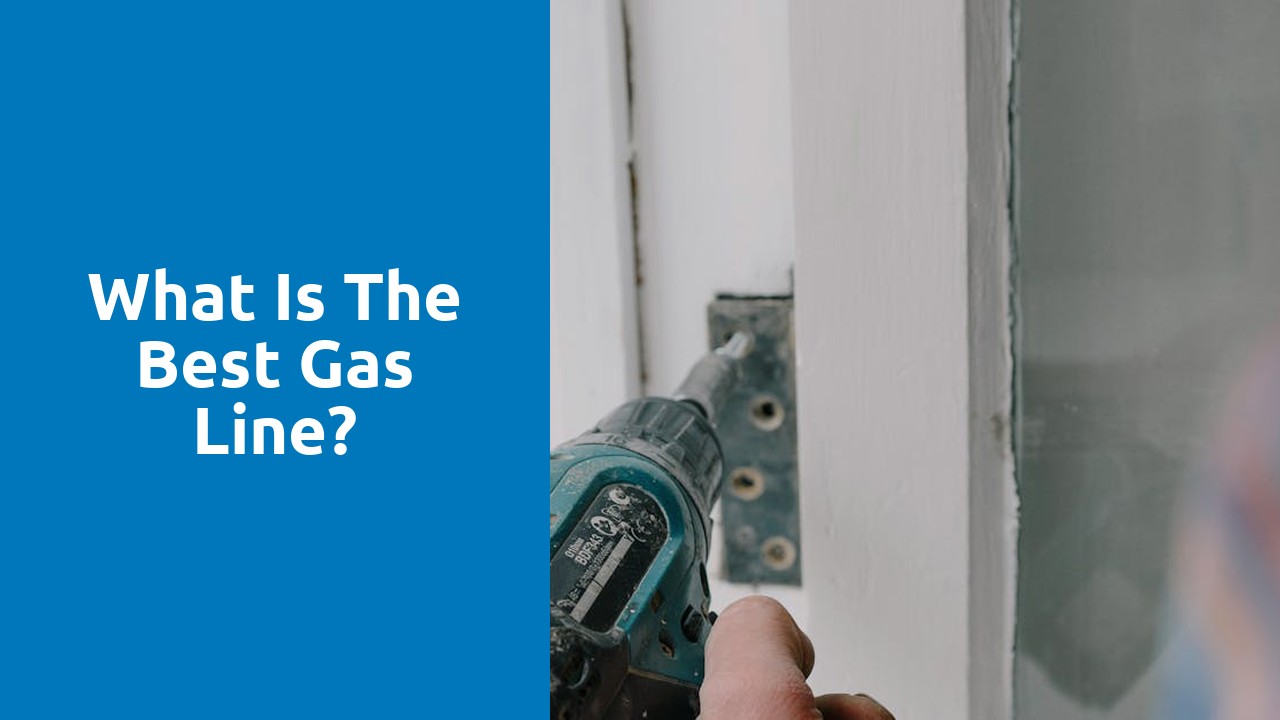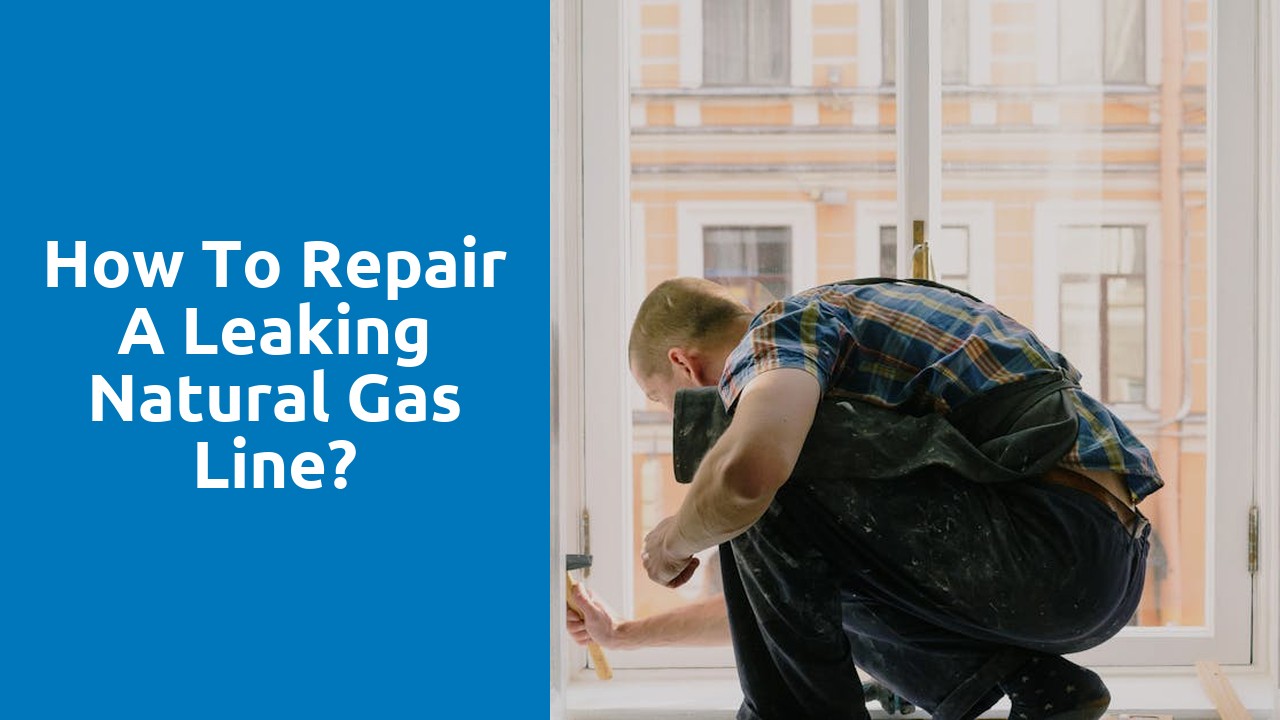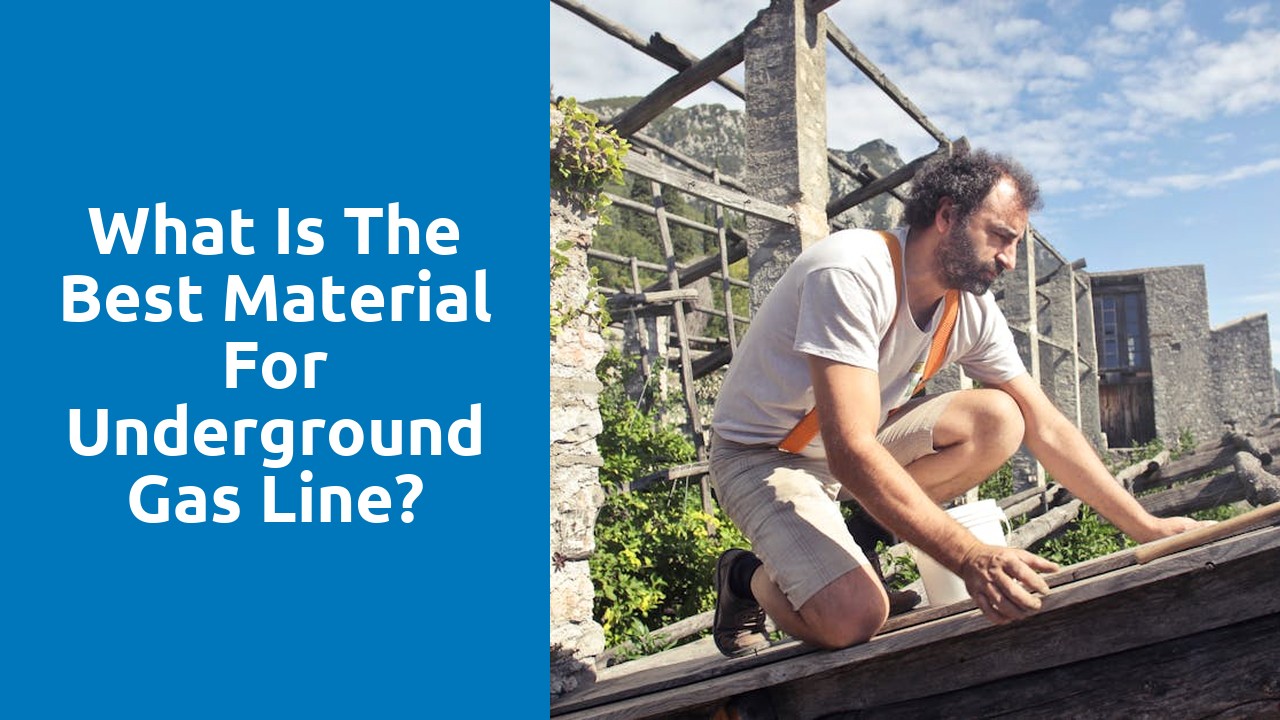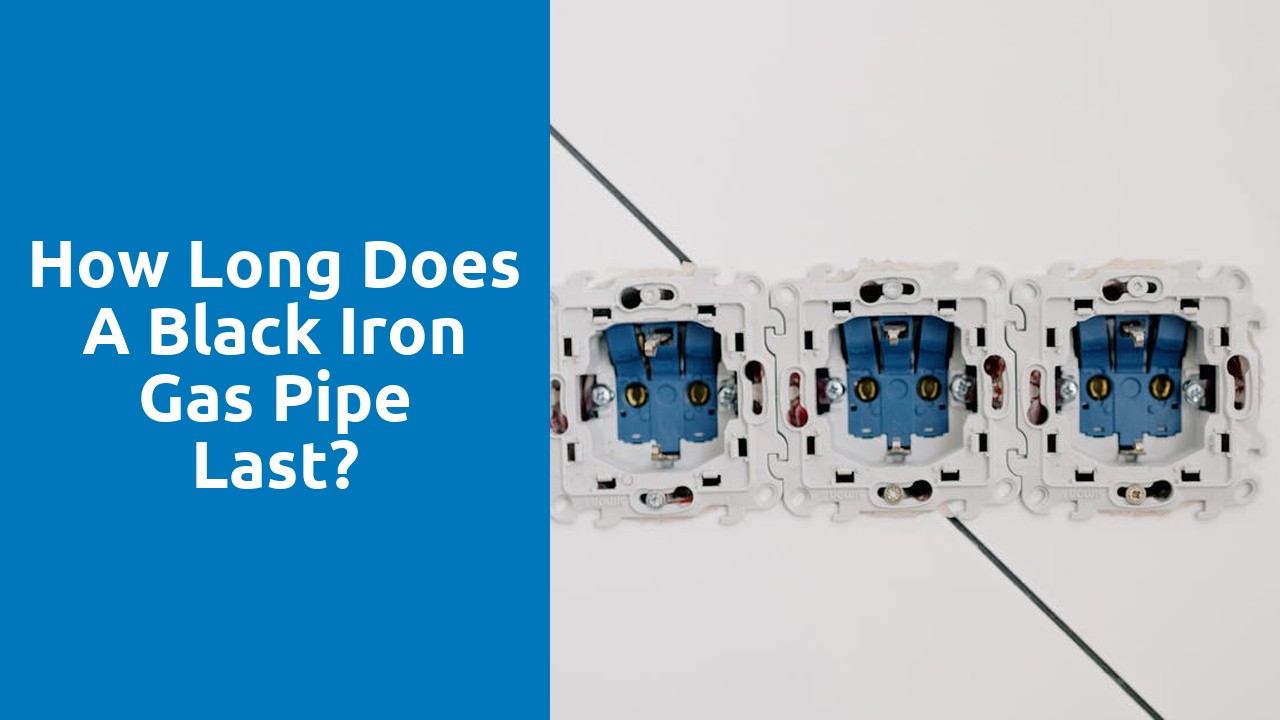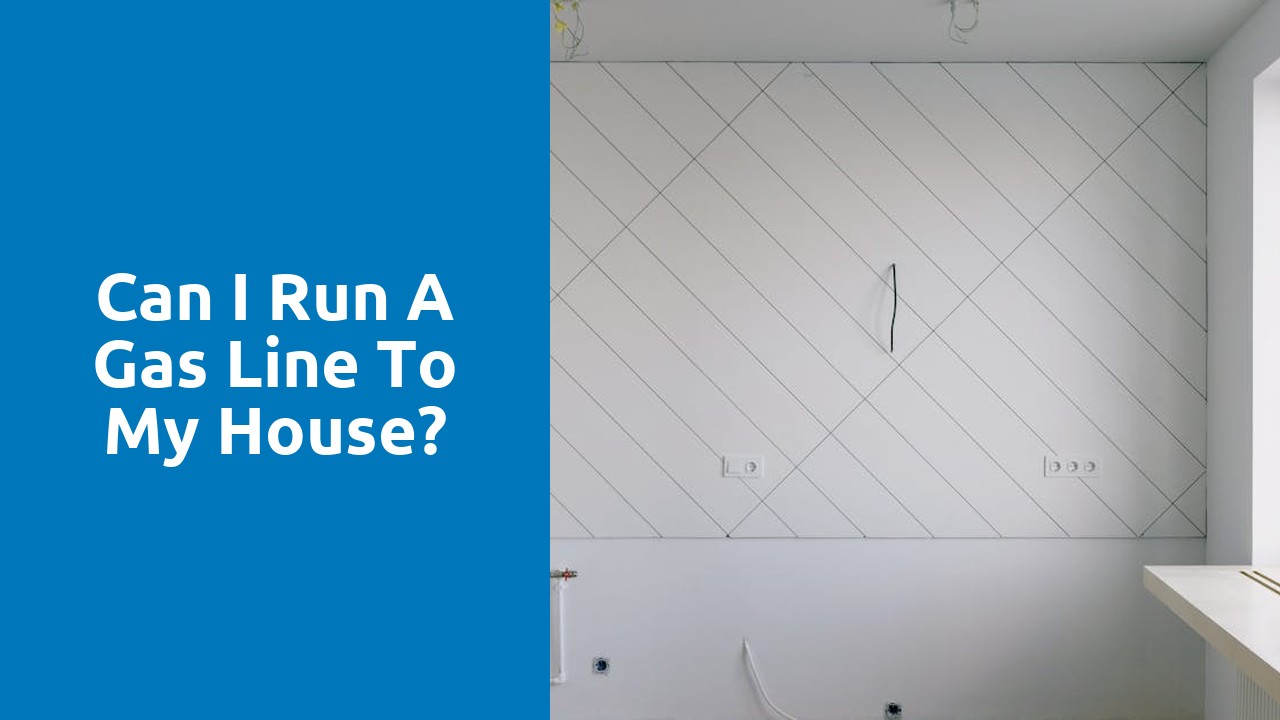
Table Of Contents
Conducting a Pressure Test
When addressing a hole in a gas line, conducting a pressure test is a crucial step to ensure the safety and efficiency of the repair. Once the repair or replacement of the damaged section is completed at Civic Center, Cleveland Gas line installation and repair, pressurize the system to verify that there are no more leaks. This test involves increasing the pressure within the gas line to a level that exceeds the normal operating pressure, allowing technicians to detect any potential leaks by observing how the system holds the pressure.
Pressure testing should be done meticulously, paying attention to each connection and area where a leak could occur. Technicians need to be diligent in monitoring the pressure levels and observing for any drop in pressure, which could indicate the presence of a leak in the gas line. Once the pressure test shows that the system can maintain pressure without any drops or issues, it confirms that the repair at Civic Center, Cleveland Gas line installation and repair has been successful. By adhering to proper pressure testing procedures, technicians can ensure that the gas line is safe for operation.
Confirming the Repair Success
Once the repair work on the gas line at Civic Center, Cleveland Gas line installation and repair is completed, it is crucial to confirm the success of the repair to ensure the safety of the area. One way to do this is by conducting a thorough inspection of the repaired section to check for any potential leaks or damages. This inspection should involve a careful visual examination as well as using specialized tools to detect any gas leaking from the repaired area.
After completing the inspection, it is recommended to conduct a pressure test to further confirm the integrity of the repaired gas line. This test involves pressurizing the gas line to a specific level and monitoring for any drop in pressure over a period of time. If the pressure remains stable, it indicates that the repair has been successful and the gas line is safe to use. Regularly conducting these post-repair checks is essential to prevent any potential hazards and ensure the continued safety of the gas line at Civic Center, Cleveland Gas line installation and repair.
Monitoring for Gas Leaks
Natural gas is a valuable resource used in many homes and businesses. However, it is essential to monitor gas lines for leaks to ensure the safety of those in the vicinity. In the event of a leak, it is crucial to act swiftly to prevent potential hazards. To maintain safety standards, regular inspections of gas lines are necessary. The Civic Center, Cleveland Gas line installation and repair team recommend conducting routine checks to identify any leaks promptly.
Gas leaks can pose serious risks, including fire hazards and health concerns. By actively monitoring gas lines for leaks, you can mitigate potential dangers and ensure the efficient functioning of your gas system. Make sure to involve professionals for any repairs or maintenance tasks related to gas lines. Regularly scheduled maintenance and thorough inspections are vital to protecting your property and the occupants from the risks associated with gas leaks. Stay proactive in checking for leaks to uphold safety standards in your residential or commercial space.
Regularly Checking Gas Lines
Regularly checking gas lines is essential to maintaining safety at your property. In the Civic Center, Cleveland Gas line installation and repair, routine inspections are crucial to identify any potential issues promptly. By conducting regular visual inspections of the entire gas line system, including connectors, valves, and fittings, you can detect any signs of wear, corrosion, or damage that may lead to gas leaks.
In addition to visual inspections, it is recommended to schedule periodic professional inspections by licensed technicians. These experts can use specialized equipment to perform more thorough examinations, such as pressure tests and leak detection assessments, ensuring the integrity of the gas line system. By staying proactive and conducting regular checks, you can prevent hazardous situations and maintain the efficient operation of your gas line infrastructure.
Implementing Preventative Measures
When it comes to ensuring the safety and longevity of gas lines, implementing preventative measures is crucial. Regular maintenance and inspection of gas lines are essential to detect any potential issues early on. At Civic Center, Cleveland Gas line installation and repair, it is recommended to schedule routine checks by a professional technician to assess the condition of the gas lines and address any concerns promptly.
In addition to regular checks, installing gas line detectors can provide an added layer of security. These detectors can swiftly alert homeowners or building managers in case of a gas leak, allowing for quick action to mitigate any potential risks. By taking these proactive measures, Civic Center, Cleveland Gas line installation and repair aims to create a safe environment and prevent emergencies related to gas line issues.
Installing Gas Line Detectors
Installing gas line detectors is a crucial step in ensuring the safety of your home or workplace. These detectors are designed to alert you to any potential leaks in the gas line, allowing you to take immediate action to prevent a dangerous situation. Whether you reside in a high-rise apartment in downtown Chicago or a suburban home in the Civic Center, Cleveland Gas line installation and repair should always involve the installation of gas line detectors for added security.
Gas line detectors work by continuously monitoring the gas levels in the air and sounding an alarm if levels exceed safe thresholds. This early warning system can be a lifesaver, especially in large commercial buildings where gas leaks can go unnoticed for extended periods. By incorporating gas line detectors into your overall safety strategy, you can proactively safeguard your property and the people within it.
FAQS
What should I do if I discover a hole in my gas line?
If you discover a hole in your gas line, the first step is to immediately turn off the gas supply to prevent any potential hazards.
How can I fix a hole in a gas line safely?
Fixing a hole in a gas line should be done by a qualified professional to ensure safety and compliance with regulations. Do not attempt to repair it yourself.
How do professionals typically repair a hole in a gas line?
Professionals repair a hole in a gas line by cutting out the damaged section and replacing it with a new pipe or by using specialized repair kits designed for gas lines.
What safety measures should be taken after fixing a hole in a gas line?
After fixing a hole in a gas line, it is important to conduct a pressure test to ensure the repair is successful and to monitor for any gas leaks.
How often should I check my gas lines for potential issues?
It is recommended to regularly check your gas lines for any signs of damage or wear to prevent potential leaks or hazards.
